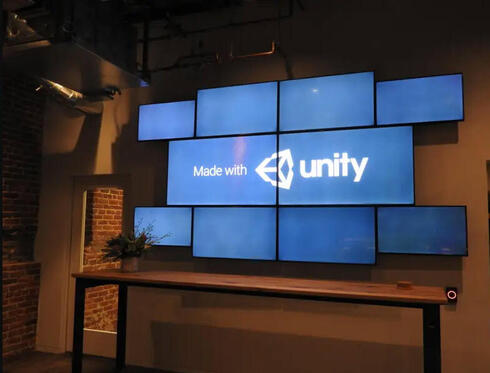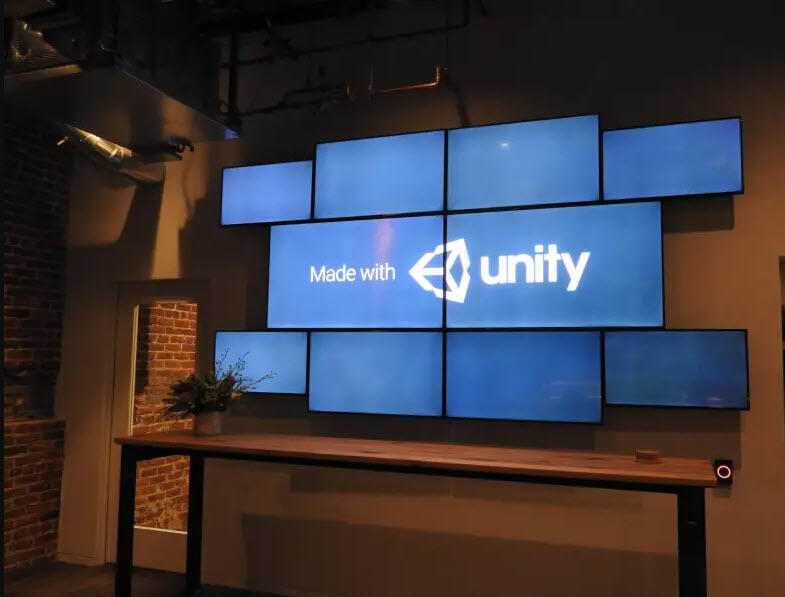
Unity scales back in Israel as Tel Aviv leader exits amid latest layoffs
The departure of CRO Nadav Ashkenazy marks another step in Unity’s retreat from its Israeli operations, following mass layoffs and leadership restructuring.
Unity Technologies has carried out another sweeping round of layoffs, marking its sixth in recent years, as the gaming software giant restructures its operations. The company has not disclosed the number of affected employees, but reports suggest entire departments were eliminated. The latest changes also signal a further weakening of Unity’s Israeli ties, with the impending departure of Nadav Ashkenazy, Chief Revenue Officer and head of the company’s Tel Aviv office.
In an internal memo first revealed by gaming website 80 Level, CEO Matthew Bromberg detailed a strategic shift within Unity’s product and advertising divisions, emphasizing a focus on efficiency and consolidation. “Our product and engineering teams are currently stretched across too many products, creating complexity and limiting impact,” he wrote. As part of this new direction, Unity is integrating its advertising technology—including ironSource’s LevelPlay—more deeply into its ecosystem. However, the move also signals the continued erosion of ironSource’s influence within the company.
Ashkenazy, who led ironSource’s ad revenue operations following the 2022 merger with Unity, will transition out of his role in the coming months. Bromberg acknowledged Ashkenazy’s contributions, stating, “Nadav wears many hats at Unity—leader of the Ads revenue org, GM of Supersonic, and site leader of Tel Aviv. I want to extend my deep gratitude to him for his leadership, dedication, and the amazing job he’s done leading our Tel Aviv office.” His departure follows that of ironSource’s founding executives, including CEO Tomer Bar Zeev, who left Unity last year.
Unity’s workforce in Israel—once a key asset following the merger—has also been hit hard by layoffs. The company is now splitting its revenue organization into two global teams, with Bromberg noting that while the “Supply team will align more closely with the relevant PE teams in Tel Aviv and EMEA,” the leadership of Unity’s ad division will shift to North America.
“Two years on from the merger with ironSource, it is time to bring our go-to market teams, technology, and product offering together, integrating them directly into the Unity ecosystem so that our customers can gain a competitive edge in the market,” Bromberg explained.
The restructuring is part of Unity’s broader effort to stabilize its business after years of inconsistent strategy and financial struggles. Bromberg acknowledged internal frustrations, writing, “I know that there is some exhaustion associated with prior changes at Unity that haven’t delivered the promised results.” He emphasized that 2025 will be a pivotal year, promising new products that will “transform our position in the marketplace and provide a springboard to long-term growth.”
However, with another wave of layoffs, the exit of key Israeli executives, and diminishing investment in its Tel Aviv office, Unity’s future in Israel appears increasingly uncertain. What was once a promising merger now looks more like a story of cost-cutting, consolidation, and a retreat from Unity’s Israeli footprint.














